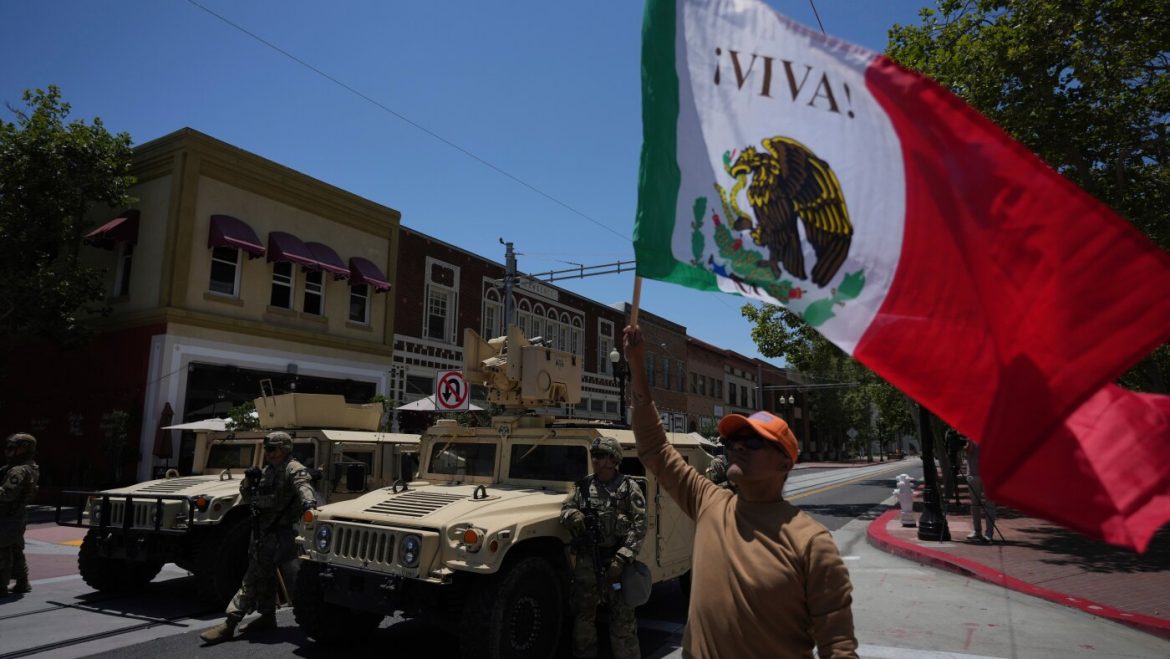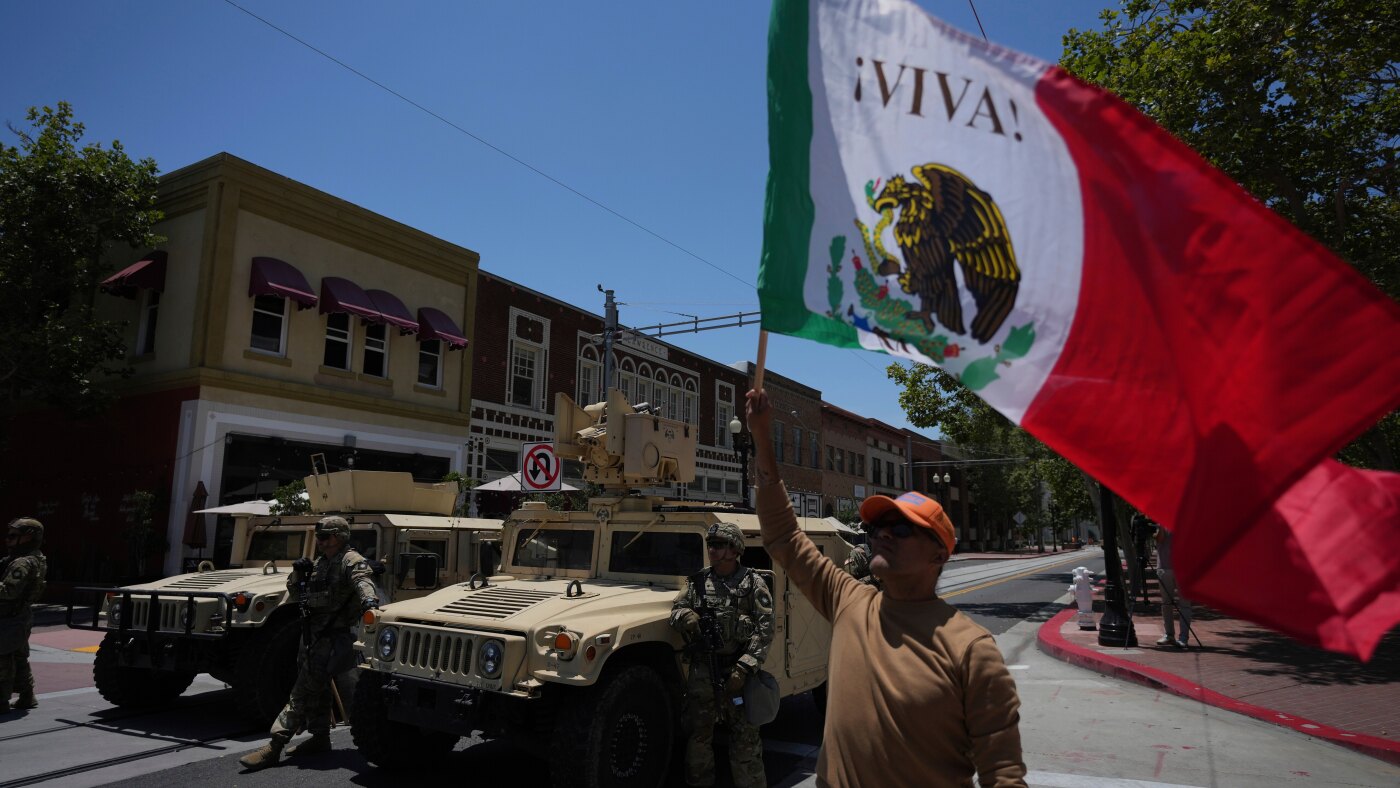Military Presence in Los Angeles Sparks Legal and Political Conflict
Introduction: A City on Edge
Los Angeles is currently at the center of a tense standoff involving the deployment of federal troops, notably Marines, to the city. The situation escalated as California took legal action to block the use of these troops beyond federal property. This unfolding conflict pits state authorities against the federal government and raises critical questions about the use of military forces within domestic borders, the balance of power, and civil governance.
The Core of the Dispute: Deployment and Legal Challenges
California’s decision to sue the federal government stems from concerns over the presence and authority of military forces operating in Los Angeles, specifically outside designated federal land. The state contends that the deployment exceeds legal boundaries and may infringe on state jurisdiction.
The rapid federalization of the National Guard, alongside the arrival of Marines, has exacerbated tensions. Notably, the National Guard’s deployment reportedly occurs despite the state’s opposition. This situation constitutes a clash between federal power and state sovereignty, highlighting ambiguity in the rules governing military involvement in civil affairs.
Positions of Key Stakeholders
– California Government: The lawsuit represents a clear challenge to the federal government’s authority to deploy forces within the state without state approval. California emphasizes preserving civil liberties and limiting military involvement in civilian life, especially where local law enforcement could manage issues.
– Los Angeles Mayor Karen Bass: The mayor’s public statements reveal a readiness to respond to the troops’ presence but also suggest wariness about militarizing the city. Her quotes point toward concerns about the implications for residents and the city’s governance while facing potential unrest or public safety challenges.
– Federal Government: Though specific federal responses are not detailed here, the government’s actions imply a readiness to assert authority to deploy troops as deemed necessary, particularly for security purposes on federal properties, but also extending beyond in what seems a controversial move.
Broader Implications: Civil-Military Boundaries and Public Perception
The deployment of military forces in a major American city is always a sensitive political and social matter. Los Angeles bracing for Marines signals significant unease about potential unrest or threats demanding high levels of security.
– Legal Boundaries: The case touches on constitutional and statutory interpretations of military power domestically, especially the Posse Comitatus Act, which limits the military’s role in domestic law enforcement.
– State vs. Federal Power: This dispute could become a landmark in defining the limits of federal intervention in state affairs, especially when states object to military presence.
– Public Confidence and Safety: Residents may feel under siege or reassured, depending on their perspectives. The visible presence of Marines could deter violence but also escalate tensions or fears about militarization.
Potential Outcomes and Future Developments
– Legal Resolution: The federal court’s decision on California’s request will set an important precedent. A ruling in favor of California could restrict military deployment beyond specific federal grounds without state consent. A ruling favoring the federal government could expand federal authority in such contexts.
– Political Ramifications: This showdown could deepen political divides, influencing upcoming elections or policy debates on civil liberties, policing, and emergency powers.
– City Preparedness: LA’s readiness to respond to the unfolding situation will be critical in either mitigating or exacerbating tensions related to the military presence.
Conclusion: A Defining Moment for Civil-Military Relations
Los Angeles facing Marines on its streets, coupled with California’s legal challenge, represents a significant flashpoint in American governance and civil-military relations. It underscores complex questions about authority, sovereignty, and the role of the military in domestic affairs. The coming days and court rulings will shape not only the immediate situation but also establish guiding principles for federal and state interactions in future crises. How this balance is struck will have lasting effects on how cities and states manage security challenges and preserve democratic governance amid extraordinary circumstances.


